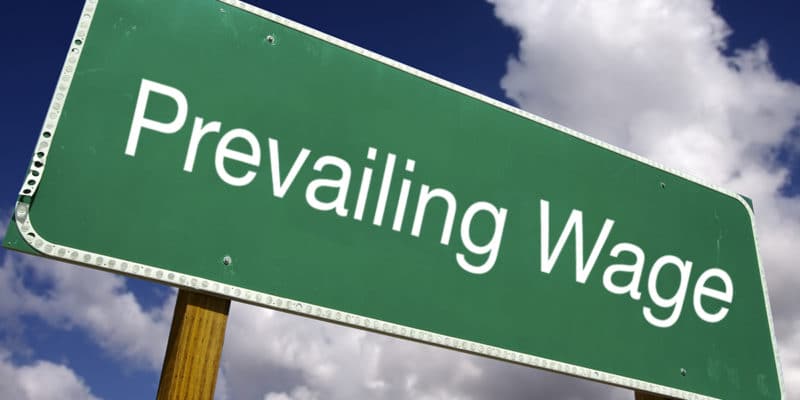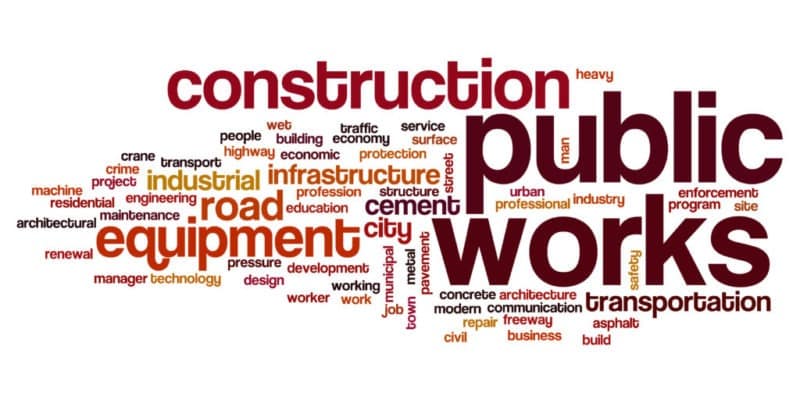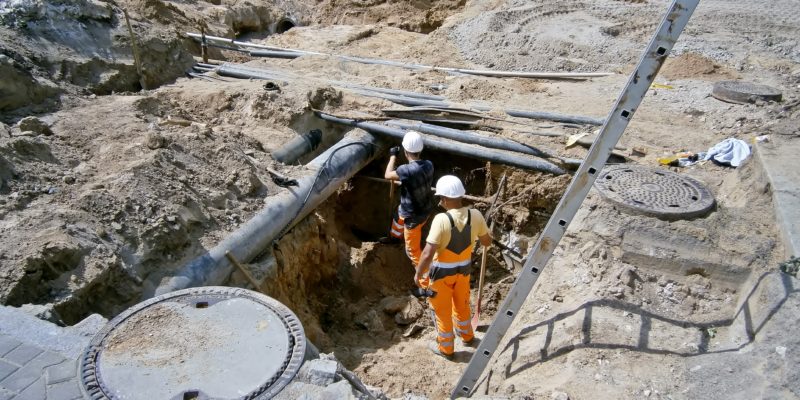The City is launching a program to encourage women, minorities, and veterans to join the construction industry.
by: Press Release Desk, News Partner
Aug 15, 2019 / 4:58 PM ET
From the City of Spokane: The City of Spokane is launching a small grant program designed to provide training to allow more women, minorities, and veterans be prepared for construction industry jobs. Grants of up to $2,500 are available for organizations that want to establish or expand pre-apprenticeship programs in construction trades for one or more of these groups.
…
The City has been working for some time to increase the number of available construction workers in our community. The Spokane region has seen an 18 percent increase in construction jobs over the last year! Ensuring that the community has a well-trained construction workforce is critical as our community continues to grow. And helping women, minorities and veterans qualify for good-paying construction jobs is another goal.
In 2016, the City revised its Public Works Apprentice Program statue, requiring all contractors on public works construction projects to use apprentices for at least 15 percent of the labor hours on the job. The requirement applies to construction projects with an estimated value of $600,000 or more.
The program has helped to grow the number of trained construction workers in our community. This grant program is next step in this effort. Fines paid by contractors who were unable to meet the apprenticeship requirement are funding these grants.






